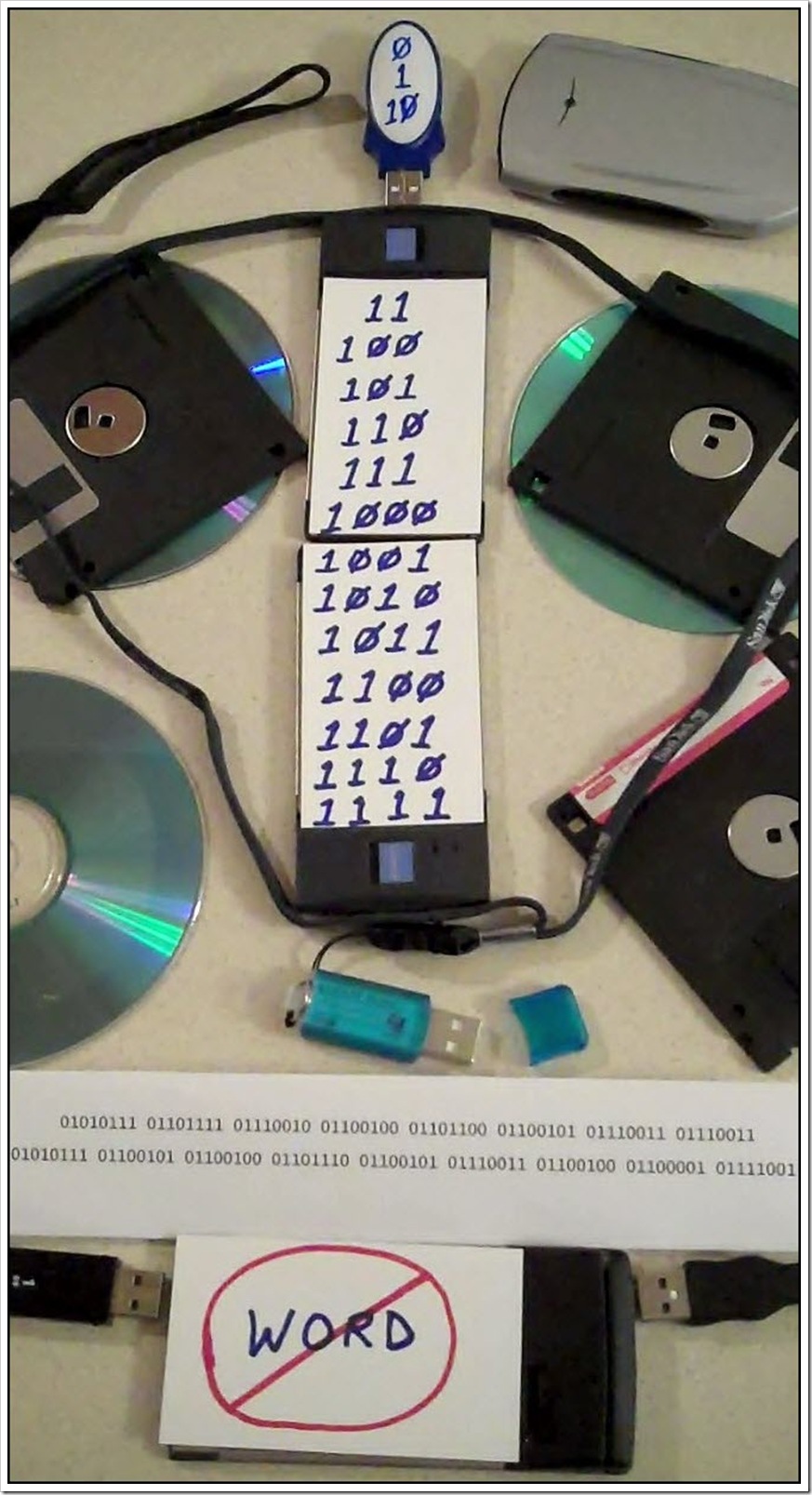True Service
/“It is not the urge to surpass all others at whatever cost, but the urge to serve others at whatever cost.”
— Arthur Ashe
Service Providers
As I wrote at the beginning of the year in my blog post declaring karma as my theme word for 2010, we all have some way of expressing the concept of what we expect to happen when we help other people—when we provide a service for them.
In one way or another, in both our professional and our personal lives, we are all service providers.
The most commonly used differentiation between professional and personal service is the exchange of money. Your employer pays you to do your job, and not because you’re a wonderful human being—even though you are. Your friends and family will help you whenever necessary, and not because you’re paying them—nice dinners, birthday presents, and other gifts don’t count.
Service Contracts
Whether it is a formal written document or an informal social agreement, all service is based upon some type of contract.
Once again because the exchange of money is typically involved, a professional service most commonly uses a written document, whereas a personal service most commonly uses a social agreement, which is often unwritten and frequently also unspoken.
A written document details the terms of service, which is the service level agreement that contractually binds the service provider to whomever they are providing service. This service contract allows the parties involved to discuss any dissatisfaction or dispute in a relatively straightforward and civilized manner—or if lawyers get involved, in a needlessly complex and expensive manner.
Professional service contracts tend to focus on the minimum requirement necessary to fulfill the contractual commitment and therefore normally do not engender either party to go beyond the specific terms since nothing would be explicitly gained.
However, the party that is paying (i.e., “the party of the second part” for my lawyer readers) will normally attempt to exert subtle pressure on “the party of the first part” (i.e., the service provider for my non-lawyer readers) to deliver above and beyond the minimum requirement dictated by the service contract. This is one aspect of what I like to refer to as “service psychology.”
Service Psychology
First of all, everyone prefers to get as much as possible without paying anything. And when you do have to pay for something, everyone wants at the very least to “get what you paid for” while getting more than what you paid for is considered even better.
These truths are universal and they do not automatically turn all of us into bad people (or all companies into evil corporations).
We also usually want to provide good service whether or not we are being paid, but when we are, there is a general tendency to be concerned about providing value worthy of our compensation. This is the aspect of service psychology that can cause us to be receptive to the subtle pressure to exceed the minimum requirement dictated by the service contract.
Employers use it on employees. Customers use it on companies (or more precisely, on their customer service representatives). Business partners use it on each other. And of course, this aspect of service psychology can be reversed to exert subtle pressure for encouraging acceptance that the minimum requirement dictated by the service contract has already been met.
We can also condition ourselves to resist these subtle pressures and even claim that we are simply defending ourselves from being taken advantage of by the other party—and regardless of which “side” of the service contract we currently find ourselves.
Such “service psychological warfare” will sometimes escalate until the lawyers eventually come crashing through the skylight, rappelling down ropes with one hand, while holding the original signed copy of the service contract in their other hand, and quoting aloud the terms, conditions, warranties, and indemnification from page 13, section 8, sub-section 3, paragraph 5.
Social Agreements
Since money is typically not involved and barring a few exceptions (e.g., a divorce or a contested will) no lawyers come into play, we tend not to view our (often unwritten, unspoken) social agreements with friends and family as “personal service contracts.”
However, the underlying principles of service psychology apply just as much to social agreements where perhaps paradoxically, we have both a much higher expectation for those that serve us and a much greater sense of obligation to those we serve.
Therefore, our social agreements truly are personal service contracts. There are terms and conditions, minimum requirements, and constant measurement of our costs, risks, and returns. We all have a natural tendency to “keep score” one way or another.
All Service is a Stage
All service is a stage, and all of us are merely players, each having our exits and entrances, and in our time playing many parts, some professional and some personal, in many “service dramas” seemingly fraught with equal potential for tragedy and comedy.
Forgive the Shakespearean flourish, but all of our narratives tend towards the dramatic and service is certainly no exception.
Although we can easily turn our professional services into a drama (even without rappelling lawyers crashing through skylights), our social agreements generally involve more “emotional service” and are therefore far more inclined to become dramatic.
However, all service dramas are often simply a crisis of perspective—specifically our preference for our own above all others.
True Service
I began this blog post using only the second sentence from a famous Arthur Ashe quote, which in its entirety reads:
“True heroism is remarkably sober, very undramatic.
It is not the urge to surpass all others at whatever cost, but the urge to serve others at whatever cost.”
Although I am very fond of the original wording, I will end this blog post by paraphrasing the full quote:
“True service is remarkably rare, very undramatic, totally unconcerned with personal benefit, and completely content to serve others at whatever cost.”
Related Posts
The Game of Darts – An Allegory
















